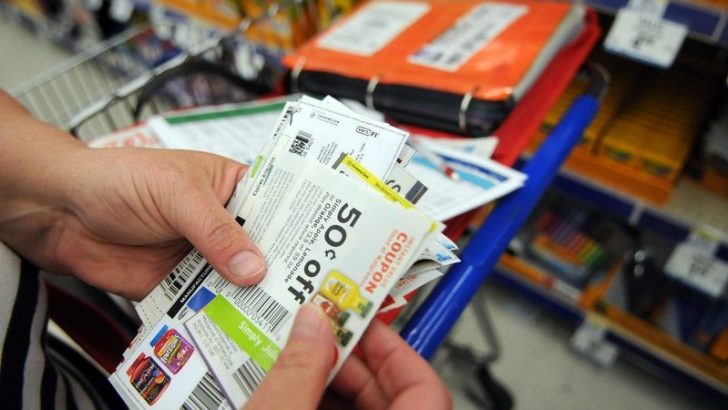Society often labels certain behaviors as lazy when observed in people with limited financial resources, while the same actions are brushed off or even praised in wealthier individuals. This post will explore 13 everyday activities that reveal these socioeconomic biases, highlighting the stark differences in perception based on economic status.
1. Living with Parents

When financial constraints force young adults to live with parents, criticism often follows. Society sees them as lacking independence. However, this arrangement can foster strong familial bonds and provide a supportive environment. In wealthier circles, returning home is sometimes seen as a strategic move to save for a bright future.
The perception shifts dramatically based on resources available. While some view it negatively, others see it as a sensible choice. The differing views highlight how economic status shapes judgment in society. The stigma attached to this choice reveals broader societal biases.
2. Using Public Transport

Public transportation is a necessity for many, offering an affordable way to commute. Yet, when the economically disadvantaged use it, they are often unfairly labeled as lacking aspiration. In contrast, those with means who opt for public transit might be applauded for their environmentally conscious choices.
The double standard is apparent, casting judgment on those who rely on buses or trains out of necessity. Highlighting the benefits of public systems, such as reducing carbon footprints and fostering community interaction, can shift perceptions positively. Economic inequality colors the way society views public transport usage.
3. Shopping at Thrift Stores
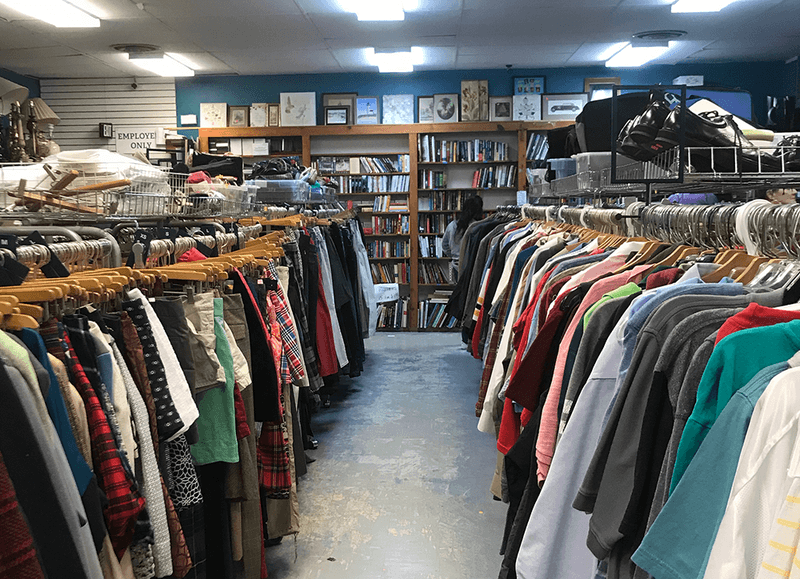
Thrift stores are treasure troves for unique fashion, yet shopping there is often stigmatized when done by those with tight budgets. Wealthier individuals might be seen as savvy or trendy for embracing second-hand shopping. This disparity underscores societal biases toward consumption patterns.
The act of choosing thrift stores is seen differently across economic lines. While some see it as a financial necessity, others view it as a sustainable lifestyle choice. The love for vintage and second chances in fashion can bridge this gap, celebrating creativity over consumerism.
4. Taking Side Jobs

Side jobs are lifelines for many striving to make ends meet. Yet, societal perceptions often paint them as evidence of instability for those with fewer resources. Conversely, when wealthier individuals take on side gigs, it’s seen as entrepreneurial spirit.
This dual narrative highlights how economic status influences judgment. Balancing multiple jobs demonstrates resilience and adaptability. Recognizing the dedication behind this hustle can shift the negative connotations. The entrepreneurial mindset can inspire admiration instead of criticism, revealing the grit behind the gig economy.
5. Gardening at Home
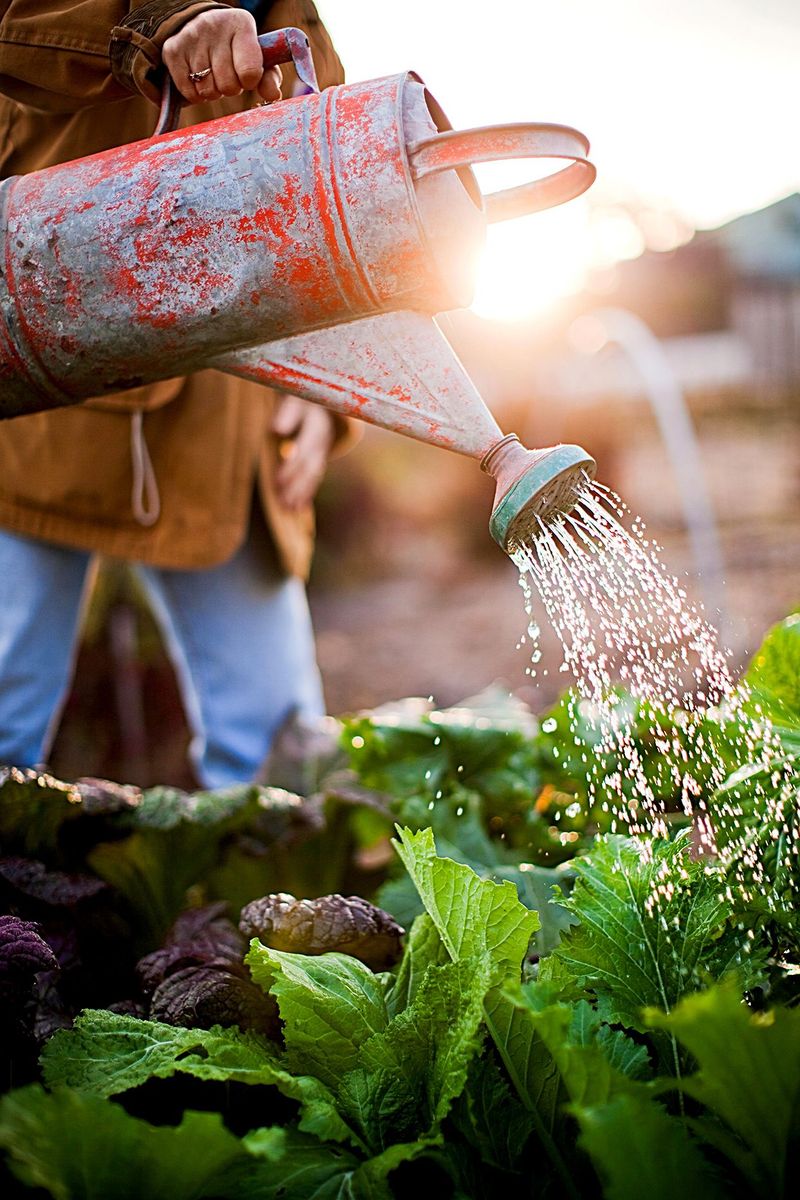
Home gardening can be a soothing and economical way to obtain fresh produce. However, for those with limited finances, it’s often viewed as a necessity rather than a hobby. Wealthier individuals practicing the same activity might be praised for being self-sufficient.
This disparity in perception highlights societal biases. Despite the intent, growing one’s food can promote sustainability and self-reliance. The joy of nurturing plants and the satisfaction of harvesting home-grown produce are universal, transcending economic boundaries and reshaping perceptions positively.
6. Skipping Vacations
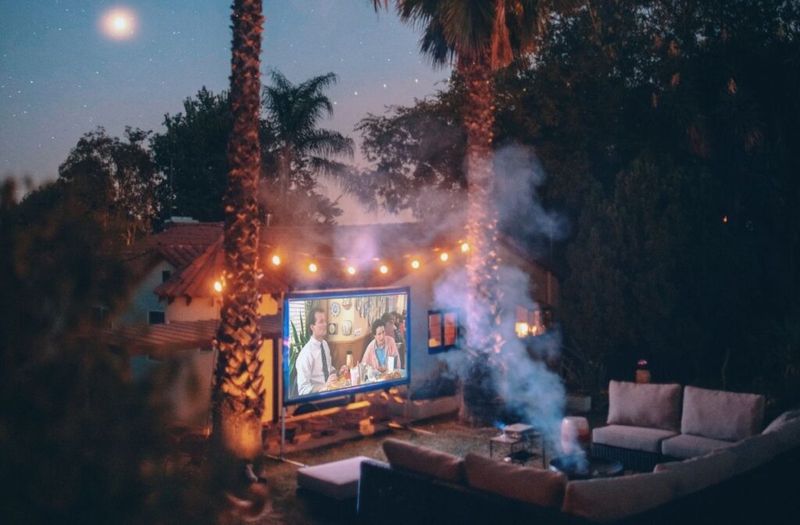
Skipping vacations is sometimes a necessity rather than a choice. For those with limited disposable income, it can appear as a lack of ambition. Contrarily, when wealthier individuals choose to stay home, it’s often seen as a preference for simplicity and relaxation.
This perception underscores the double standard in how leisure is viewed. Choosing staycations can highlight creativity in finding joy in everyday surroundings. Rediscovering local pleasures can be just as fulfilling as exotic getaways. Challenging these biased perceptions can lead to a more inclusive view of rest and relaxation.
7. Cooking at Home
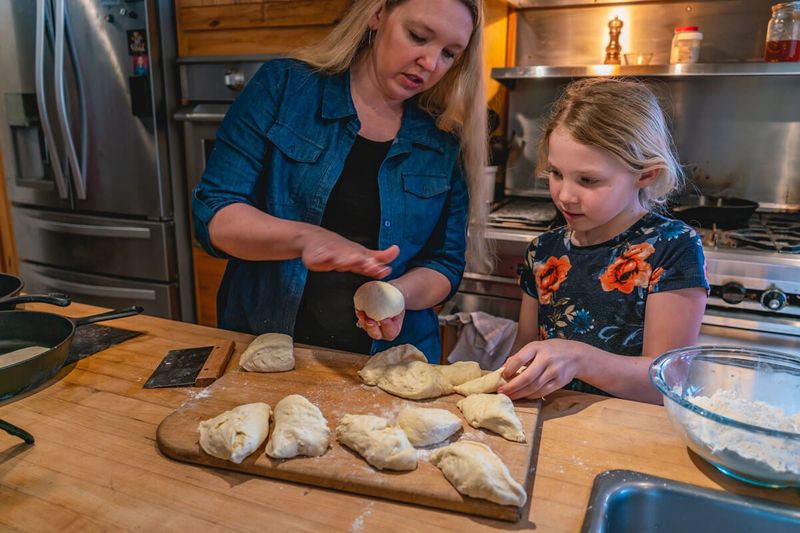
Cooking at home is a necessity for many, driven by financial constraints. For some, it’s seen as lacking access to dining out experiences. However, wealthier individuals who cook at home are often admired for their culinary skills and healthy lifestyle.
This contrast reveals how economic status alters society’s view on home cooking. Embracing the art of home-cooked meals can highlight creativity and health consciousness. Sharing recipes and meals can foster community and connection, bridging the divide between necessity and choice.
8. Reusing and Recycling
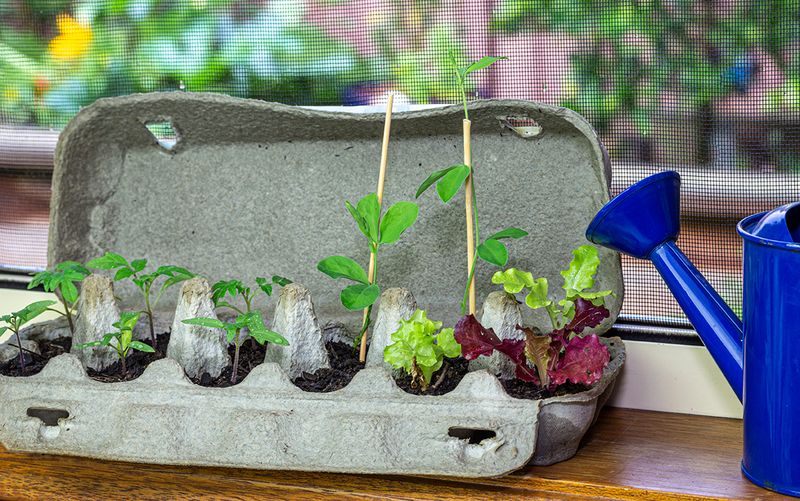
Reusing and recycling are often born out of necessity for many families. This practice is sometimes judged as a sign of frugality or lack of resources. Meanwhile, wealthier individuals embracing the same habits are often seen as eco-conscious and innovative.
The underlying societal bias makes a clear distinction based on economic status. However, repurposing materials can be celebrated as an act of creativity and environmental responsibility. This practice can inspire sustainable living and appreciation for resourcefulness, regardless of financial background.
9. Buying Generic Brands

Generic brands in grocery stores offer affordability, yet buying them is sometimes judged as a lack of discernment. Wealthier shoppers opting for generics might be seen as smart and budget-conscious.
The perception highlights a societal bias where financial status dictates how choices are viewed. Choosing generic products can be a wise financial decision, emphasizing value over brand loyalty. Encouraging this perception can promote smart shopping habits, celebrating informed consumer choices over superficial brand preferences.
10. Using Coupons
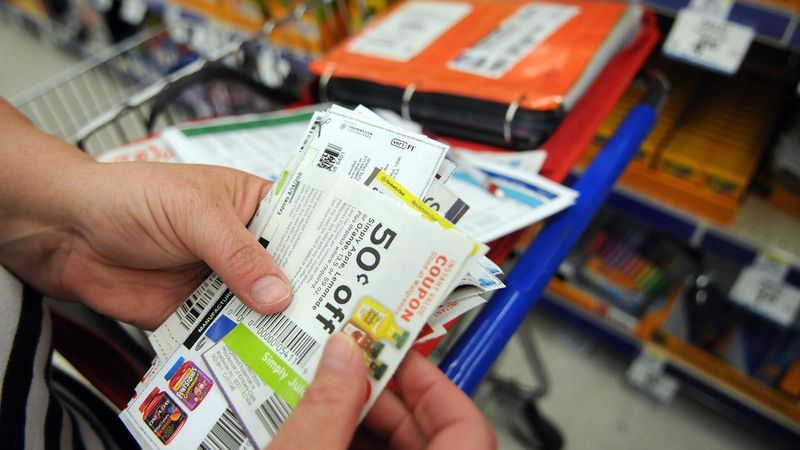
Coupons, a staple for saving money, are sometimes perceived as evidence of financial struggle when used by those with limited means. For wealthier individuals, it’s often seen as savvy spending and financial acumen.
This bias illustrates how socio-economic status affects perceptions of frugality. Embracing couponing can highlight strategic money management and resourcefulness. Encouraging a positive view of coupon usage can foster financial literacy and empower consumers to make informed purchasing decisions.
11. Owning a Small Car
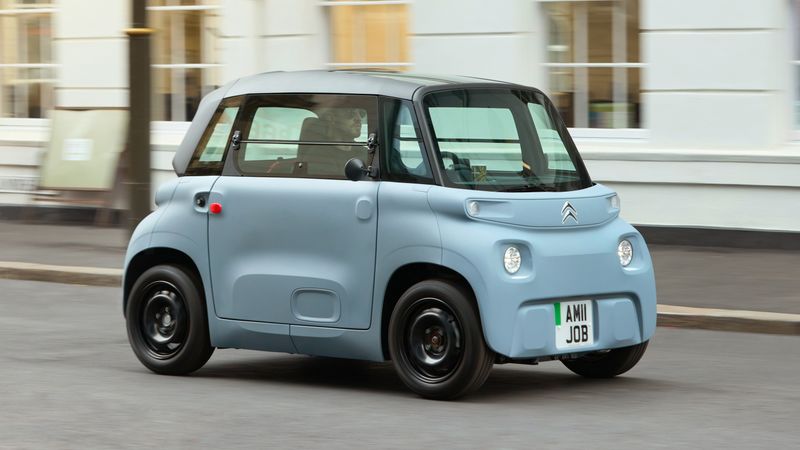
Small, fuel-efficient cars offer practicality and economy. Yet, owning one is sometimes seen as a sign of financial limitation. In contrast, wealthier individuals driving similar cars are often credited with eco-consciousness.
This difference in perception underlines social biases linked to economic status. Emphasizing the environmental benefits and urban convenience of small cars can alter negative views. Promoting sustainability and efficiency can unite diverse economic backgrounds in responsible car ownership.
12. Renting Instead of Owning

Renting a home is a reality for many, yet it’s often labeled negatively as lacking stability. Conversely, wealthier individuals renting are seen as valuing flexibility and lifestyle freedom.
This perception highlights a societal bias that equates home ownership with success. Emphasizing the advantages of renting, such as flexibility and reduced maintenance, can redefine this narrative. Viewing renting as a strategic choice can foster a more inclusive understanding of home living, celebrating diverse lifestyle choices.
13. DIY Home Repairs
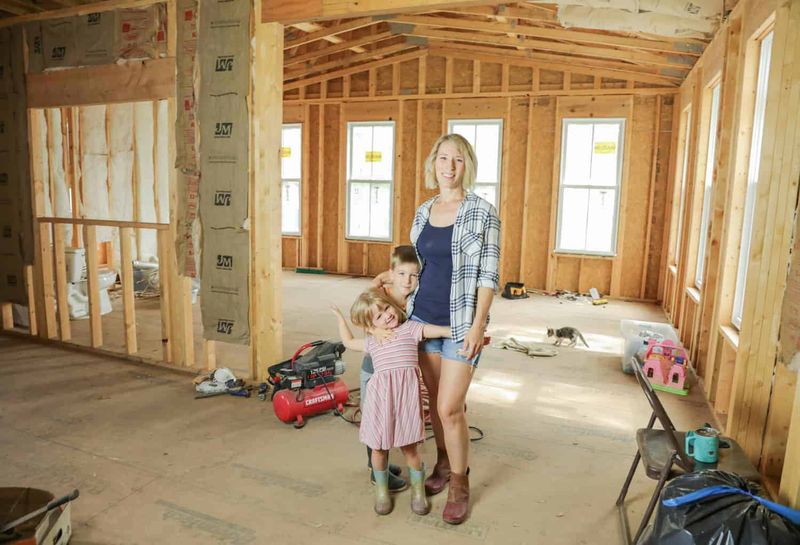
DIY home repairs can be a cost-saving necessity for some, perceived as a lack of resources. Wealthier individuals engaging in DIY projects might be seen as innovative and hands-on.
This contrast underscores societal biases about economic status and capability. Celebrating the ingenuity and skills involved in DIY projects can shift this perception. Promoting the learning and satisfaction derived from personal home improvements can inspire admiration for self-sufficiency and creativity.

